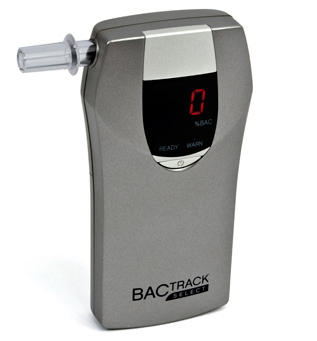
The Florida Highway Patrol will participate in the national “Drunk Driving. Over the Limit. Under Arrest” campaign beginning today (Aug. 20) through Labor Day (Sept. 6). The highway patrol will join thousands of other law enforcement and highway safety agencies across the nation to reduce the number of impaired drivers on Florida’s roadways in an effort to save lives.
In 2009, there were 2,563 fatalities on Florida roads and 197,214 injuries. Of those, 1,004 fatalities and 14,130 injuries were alcohol related.
“Drunk driving is simply not worth the risk. Not only do you risk killing yourself or someone else, but also the trauma and financial costs of a crash or an arrest for impaired driving can be significant,” said FHP Lieutenant Bill Leeper. “Violators often face jail time, the loss of their driver license, higher insurance rates, attorney fees, time away from work and dozens of other expenses. Do not take the chance. Remember, if you are over the limit, you can expect to be under arrest.”
The campaign encompasses the Labor Day holiday weekend, which begins Sept. 3. The holiday caps off the summer season for many, and historically travel increases with people driving to celebrate with friends and family. In addition to the national enforcement campaign, the highway patrol will participate in Operation C.A.R.E. (Combined Accident Reduction Effort) during the four-day holiday weekend. The operation involves all 50 state police and highway patrol organizations across the United States.
All uniformed FHP personnel, including those normally assigned to administrative duties, will patrol interstates and other major state roads during the four-day holiday period. FHP Auxiliary and Reserve troopers also will volunteer to augment the patrol this weekend. The patrol aims to increase its presence throughout Florida in an effort to deter traffic violations and to enhance services to motorists who break down while traveling or who need other assistance.
You may to dial *FHP (*347) from your cell phone to contact FHP to report an aggressive or impaired driver or to request roadside assistance.
Florida’s primary safety belt law authorizes law enforcement officers to stop and cite motorists solely for failure to buckle up. Also, be sure to move over for stopped emergency vehicles with flashing lights on the side of the road. If you are unable to change lanes safely, slow down to 20 mph below the posted speed limit, or to five mph if the speed limit is 20 mph or less.





























Leave a Reply